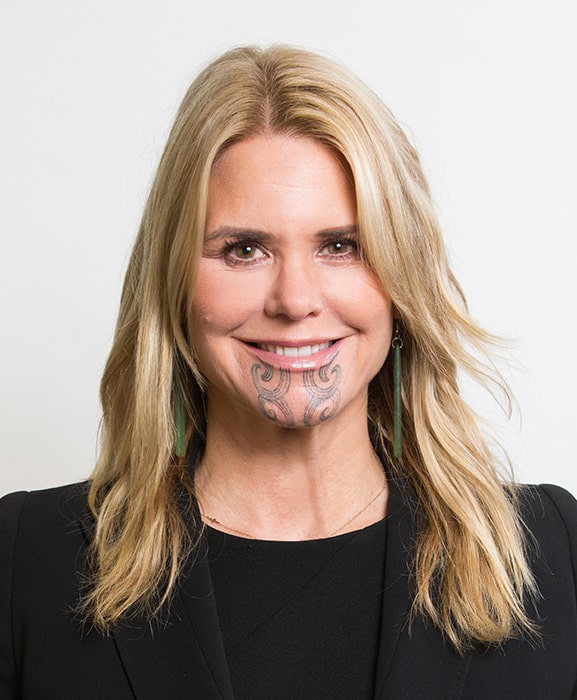Directorate
Directorate
Brain Research New Zealand’s Directorate members are recognised internationally as leaders in their respective fields, including two members of the Royal Society of New Zealand.
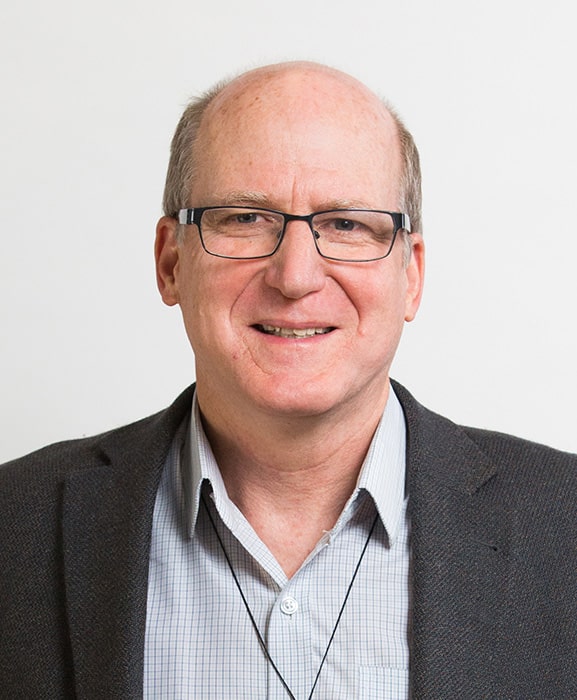
CO-DIRECTOR
Professor Wickliffe Abraham, BA, PhD; FRSNZ University of Otago
Expert in synaptic plasticity, metaplasticity and the neural mechanisms of memory and Alzheimer’s disease.
Professor Abraham is the Founder of the Brain Health Research Centre at the University of Otago. He has been continuously funded by the MRC/HRC for 26 years, during which time he has served as Director of HRC Programme grants for 16 years (1994-2004, 2010-2015), spanning seven departments and two academic Divisions.
Professor Abraham has attracted and managed over $60million in research grants, including multiple HRC and Marsden grants, a Human Frontiers grant and a subcontract to an NIH Javits award.
He also has extensive leadership experience, having served as the Chair of the Psychology Department at the University of Otago (2003-2005).
Professor Abraham is a founding member (since 1983) and then Chair for eleven years of the Australasian Winter Conference on Brain Research.

CO-DIRECTOR
Professor Peter Thorne, BSc, DipSci, PhD; CNZM University of Auckland
Expert in diseases of the inner ear and the effects of noise and consequences of ageing on the auditory system.
Professor Peter Thorne has a joint appointment in the Section of Audiology and Department of Physiology at the University of Auckland. He is a Director of the Eisdell Moore Centre and Co-Director of Brain Research New Zealand.
Professor Thorne completed his PhD at the University of Auckland and post-doctoral studies at the University of Auckland and at the Kresge Hearing Research Institute, University of Michigan. His research is in the area of sensory neurobiology particularly inner ear homeostasis and the influence of noise exposure and ageing on hearing. He is the Chairman of the National Foundation for the Deaf and is on the Board of the Deafness Research Foundation.
In 2009, he was made a Companion of the New Zealand Order of Merit (CNZM) for services to audiology and auditory neuroscience.
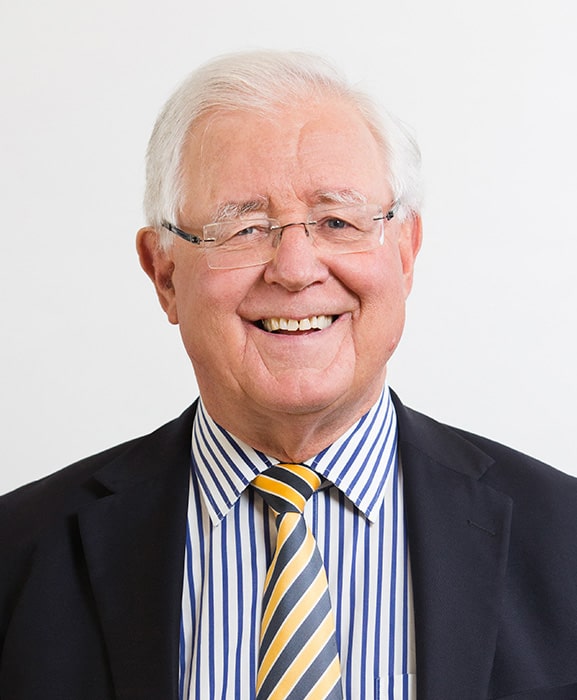
MĀORI ENGAGEMENT AND FUNDRAISING
Distinguished Professor Sir Richard Faull, MBChB, PhD, DSc; FRSNZ, KNZM University of Auckland
Expert in neurodegenerative diseases of the human brain.
Sir Richard, founding Co-Director of BRNZ, has also directed and developed the Centre for Brain Research at the University of Auckland since its inception in 2009 creating one of the pre-eminent neuroscience research centres in Australasia.
Sir Richard has extensive leadership and management experience at the University of Auckland (Head of Department of Anatomy with Radiology 1988-2000, Council Member 2001-2009, numerous senior academic committees), and has made major leadership contributions to international neuroscience societies and scientific advisory organisations. He has attracted and managed external research and philanthropic funding, and established the internationally recognised Neurological Foundation of New Zealand Douglas Human Brain Bank.
Sir Richard continues to be actively involved (as Patron and sponsor) in a wide range of community organisations associated with supporting patients with neurological disorder.
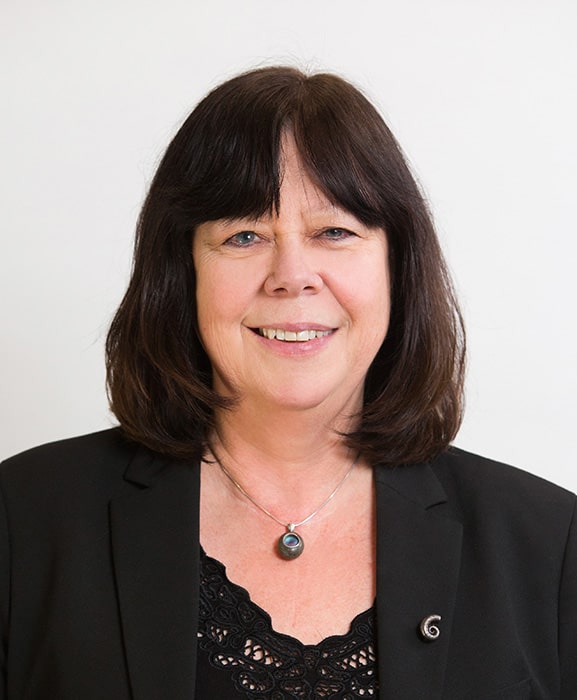
ASSOCIATE DIRECTOR. DEMENTIA PREVENTION RESEARCH CLINICS DIRECTOR
Associate Professor Lynette Tippett, MSc (1st), DipClinPsych, PhD University of Auckland
The clinical and neuropsychological effects of neurological disorders.
Lynette Tippett is an Associate Professor of Psychology at the University of Auckland. A major focus of her research programme involves clinical and neuropsychological investigations of individuals with neurological disorders, particularly neurodegenerative diseases (Huntington’s disease, Alzheimer’s disease, Motor Neuron Disease and Parkinson’s disease). Central to the success of this research are strong multi-disciplinary research teams, linking bench-top neuroscience with clinical science and patients.
Associate Professor Tippett is the Director of BRNZ’s network of Dementia Prevention Research Clinics, and co-director of the Auckland clinic alongside geriatrician Dr Phil Wood. The establishment of New Zealand’s first Dementia Prevention Research Clinics will greatly enhance research into Alzheimer’s disease and related dementias in New Zealand.

ASSOCIATE DIRECTOR. LEADERSHIP DEVELOPMENT AND CAPABILITY BUILDING
Professor John Reynolds, MBChB, PhD University of Otago
Expert in the role of neuromodulation and synaptic plasticity mechanisms in brain areas affected by Parkinson’s disease and stroke.
John Reynolds is a Professor in Neuroscience in the Department of Anatomy at University of Otago. His research team studies the application of neuroplasticity approaches to Parkinson’s disease and stroke. His interest is in applying the principles of neuromodulation to modify synaptic plasticity and recover function in affected brain areas. Professor Reynolds graduated in Medicine in 1994, and then returned to the University of Otago after a few years in practice to undertake PhD studies.
He has received an international Brain Research Young Investigator Award and a National Tertiary Teaching Award, and has held a Rutherford Discovery Fellowship from the Royal Society of New Zealand. Professor Reynolds served five years as chair of the Scientific Advisory Committee of the Neurological Foundation of NZ and is a member of the Directorate for BRNZ.
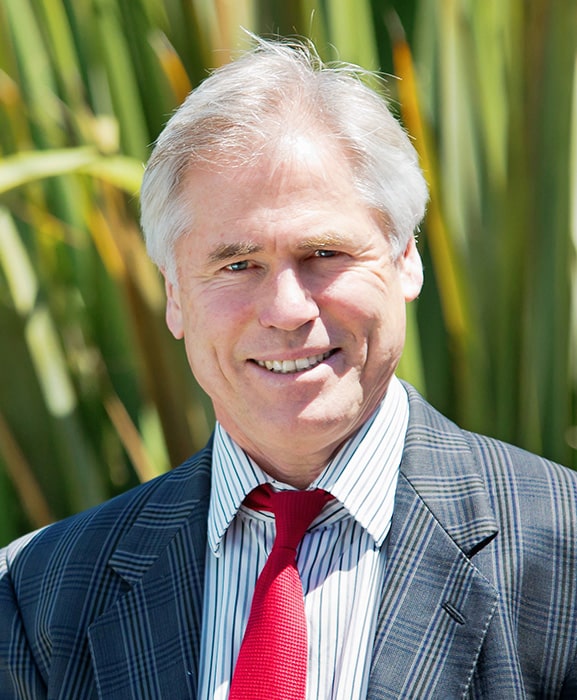
CLINICAL ENGAGEMENT
Professor Tim Anderson, BSc (Hons), MBChB, MD; FRACP University of Otago, Christchurch
